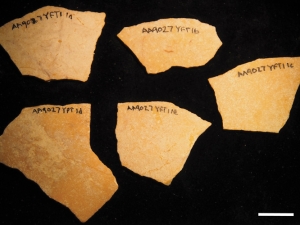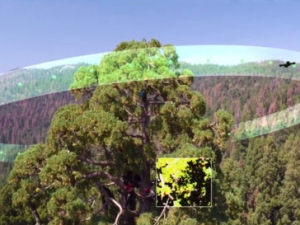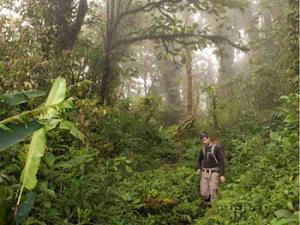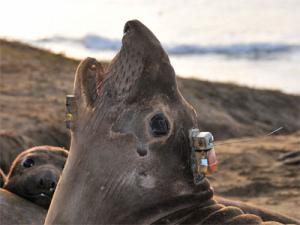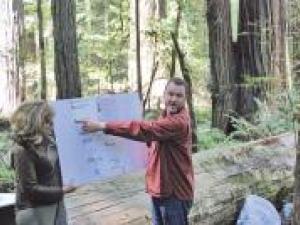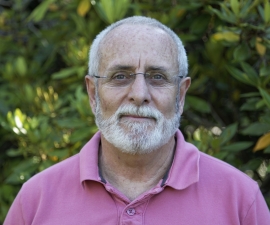

Research Bio
Todd Dawson is a plant ecophysiologist whose research explores how plants interact with their physical and biotic environments, particularly through the cycling of water and carbon. He has developed and applied stable isotope techniques to track the movement of water through plants, soil, and the atmosphere, revealing how vegetation responds to drought, climate variability, and forest management.
Dawson is best known for pioneering the use of stable isotopes in plant ecology to understand transpiration, tree hydraulic architecture, and water sourcing across ecosystems. His work has transformed our understanding of how forests function under environmental stress and how climate change affects ecosystem resilience.
An expert in ecohydrology and forest ecology, Dawson is a professor in the Department of Integrative Biology at UC Berkeley and Director of the Center for Stable Isotope Biogeochemistry. He is a Fellow of the Ecological Society of America, the American Geophysical Union and a member of the National Academy of Sciences.
Research Expertise and Interest
physiological plant ecology, evolutionary plant ecology, ecosystem processes, adaptations of plants, carbon, water, nitrogen
In the News
Discarded ostrich shells provide timeline for our African ancestors
Deploying drones to follow the water
Drones help monitor health of giant sequoias
Berkeley’s newest field site, Blue Oak Ranch Reserve, gets a facelift
On the first weekend of spring, UC Berkeley’s newest research station, the Blue Oak Ranch Reserve, threw an open house to show off its new facilities, nestled amid rolling green, flower-studded hills east of San Jose.
Cloud forest trees drink water through their leaves
Tropical montane cloud forest trees use more than their roots to take up water. They also drink water from clouds directly through their leaves, University of California, Berkeley, scientists have discovered. While this is an essential survival strategy in foggy but otherwise dry areas, the scientists say that the clouds the trees depend on are now disappearing due to climate change.
Remote sensing places nature at our fingertips
UC Berkeley geologist Bill Dietrich and biologist Todd Dawson are two of many UC scientists placing remote sensors in natural reserves to map land, track animals and collect environmental data.
Secrets of the redwoods: HSU, UCB scientists work to unlock mysteries
Scientists at UC Berkeley and Cal State University-Humboldt are conducting a three-year research project on redwood trees. Their goal: to determine what conservation efforts are needed to ensure the trees' preservation for generations to come.

